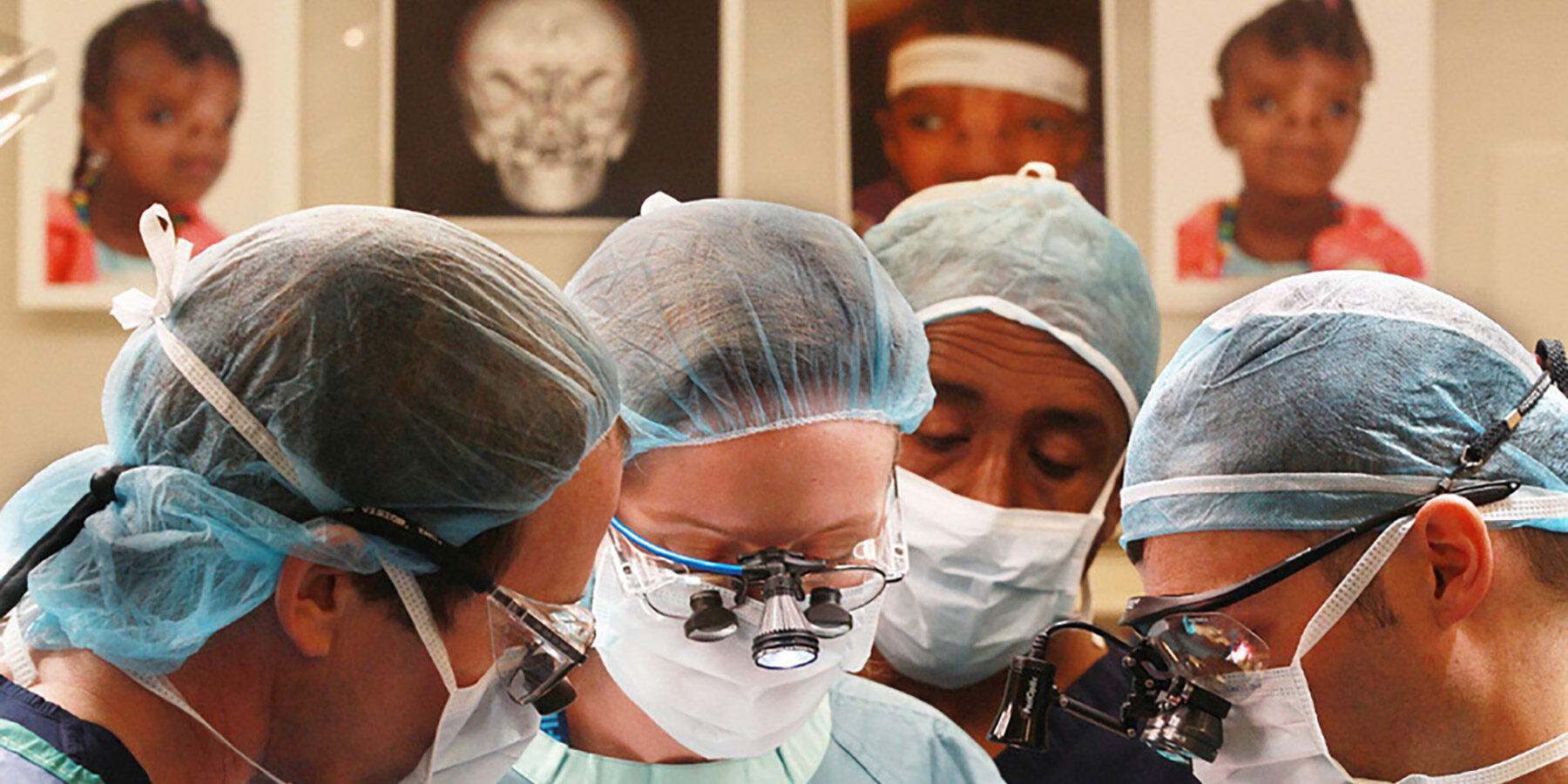One in 700 hundred children born in Canada will have a cleft of the lip and/or palate. A cleft is a congenital anomaly that features a defect of the lip, alveolus and/or palate and may be unilateral or bilateral.
This is a condition that will impact the life of not just the child but the entire family. Children with cleft lip and/or palate have many complex health issues that continue to evolve and require treatment until they are fully grown. The quality of care is dependent upon timely interventions, access and the provision of an inter-disciplinary approach with an experienced team of health care professionals and defined protocols. Traditionally this team is lead by plastic and reconstructive surgery and includes nursing, orthodontics, dentistry, oral-maxillo-facial surgery, otolaryngology-head and neck surgery, audiologists, dieticians, occupational therapists, genetics, social work, speech language pathologists, prosthodontists, psychologists, psychiatrists and pediatricians. Surgical treatment of infants and children with oro-facial clefts involves a series of staged timely surgical interventions that include but may not be limited to lip repair, repair of the cleft palate, myringotomy and ventilation ear tubes, alveolar bone grafts, rhinoplasty and orthognathic jaw surgery.
The Hospital for Sick Children has a comprehensive cleft care program with a highly experienced team of health care professionals and provides care from infancy until the completion of the 21st year of life. The team manages approximately 100 to 125 new clefts each year.
The Hospital for Sick Children has a long history going back more than 50 years of providing care for patients with clefts. Surgical techniques to manage cleft lip were developed and refined at the Hospital for Sick Children under the management of Drs. W. K. Lindsay and Hugh G. Thomson. Today, Dr. David M. Fisher, Director of the Cleft Program is responsible for developing the “Fisher” repair for cleft lip and this technique has gained popularity all around the world. Global outreach and the provision of cleft care to under-serviced areas of the world is an important mission for the SickKids division who have developed important relationships with NGO’s such as Operation Smile and Transforming Faces. Furthermore, important and innovative research studying the impact of cleft surgery on children, teens and young adults is being performed by Dr. Karen Wong who is developing a patient reported outcome measure, the CLEFT-Q. This is an international collaboration with 6 partner countries and has significant implications in the delivery of cleft care.
Transitional care for adults with clefts is provided by the team at Sunnybrook Health Science Centre.
Fellowships in both pediatric and adult cleft surgery are available at the Hospital for Sick Children and at Sunnybrook Health Science Centre.


